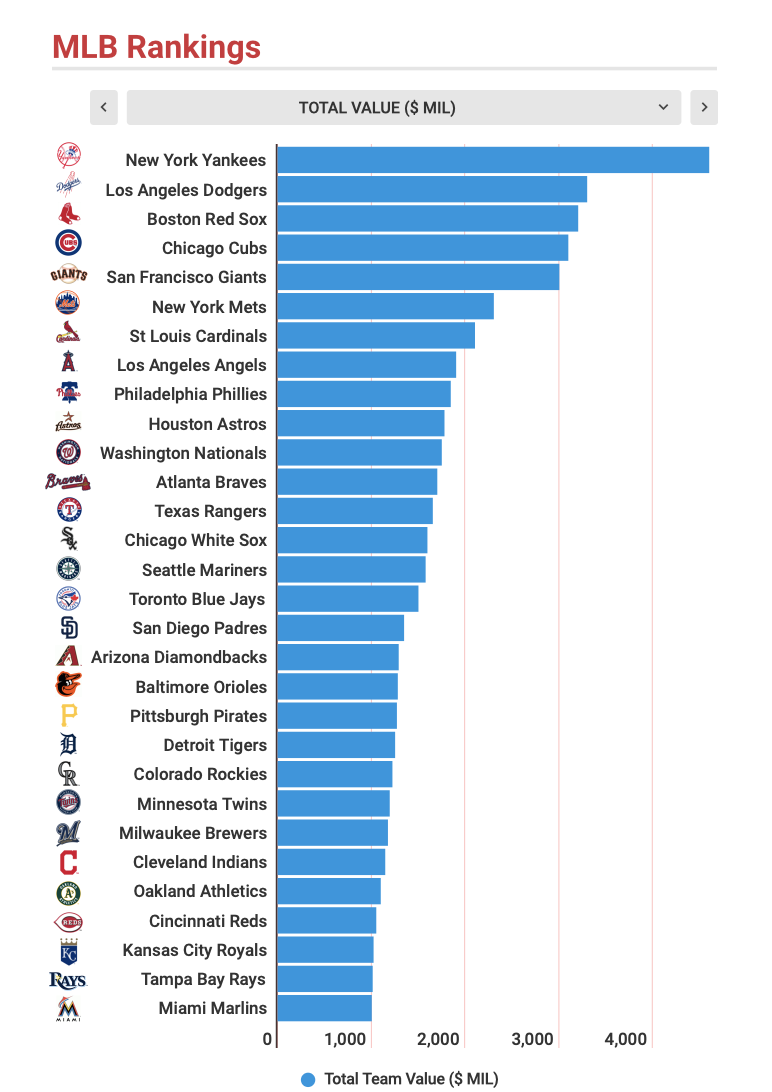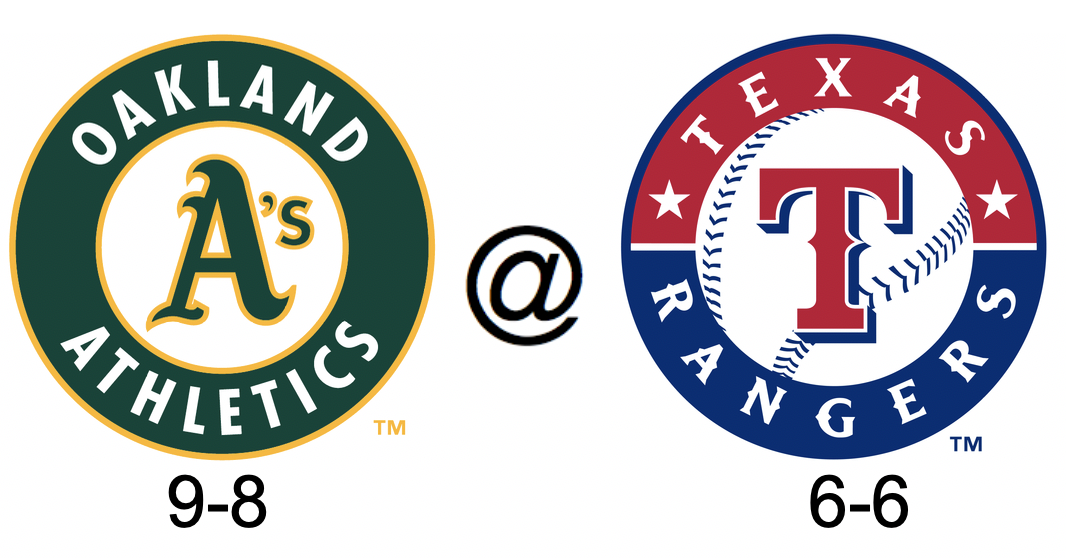It’s easy, as a fan, to agree with what happened this offseason in the industry of baseball and how for the second year in a row free agency came to a crawl. It’s easy, as a fan, to side with teams for being smarter in how they dole out their money on salaries. It’s easy, as a fan, to criticize players as being greedy and to scoff at the audacity of them demanding all that money to play a game. It’s easy, as a fan, not to feel sorry for the quality free agents still on the market looking for a job because certainly they’re asking for too much otherwise they wouldn’t be still looking.
Money is tight and the industry is just getting wiser on how to spend it.
It’s understandable, as a fan of the Rangers, to buy their rational for tanking, even for whitewashing it with the more palatable name, “retooling.” It’s understandable to accept their explanation for why they decided against bringing in quality pitchers and instead opted to just slap together a rotation of retreads and factory seconds, why they said no to signing free agents who could transform the franchise, why they were satisfied with running out a last-place team.
Money is tight and they are trying to build for something in the future.
All the above is easy and understandable until you realize one thing. It’s not accurate. They have the money. The industry is flush with cash.
Yesterday, Forbes released its annual ranking of the value of major league franchises. For the first time in history, every one of the thirty franchises is worth more than one billion dollars. Even the Miami Marlins.
Teams have the money. Players are asking for more because they, like everyone, want their share of what they’ve earned. It’s only natural in any industry, in any business, when the company is doing well, everyone shares in the success.
The Texas Rangers are the thirteenth-most valuable major league club, valued at roughly $1.7 billion. Not bad for a team that was purchased for $593 million nearly nine years ago. That’s an increase in value of nearly 300 percent in less than a decade. Players salaries have not increased 300 percent in ten years.
Back in November, according to the article in Forbes, Major League Baseball signed a new seven-year broadcasting rights deal with Fox that’s worth almost 50 percent more per year than the current eight-year deal that is about to expire.
And broadcast rights are just part of the revenue bonanza baseball is enjoying. There is revenue for streaming, revenue for on-line rights, revenue from daily fantasy sites. Revenue everywhere.
Says Forbes: “As for baseball’s P&L statement, by our count, the 30 MLB teams generated record average operating income (in the sense of earnings before interest, taxes, depreciation and amortization) of $40 million during the 2018 season, 38% more than the previous year. Last season revenue increased 4.8%, to an average of $330 million per team, while player costs (including signing bonuses and benefits) remained flat at $157 million.”
The average major league team is now worth $1.7 billion dollars, an 8 percent increase from one year ago. Overlay that with the fact that for the first time in over a decade the average player salary decreased, and you begin to understand why the players’ union was openly questioning and frustrated —and even a little bit threatening—over the freeze out.
Forbes notes that over the twenty-two years it has been tracking the value of baseball teams, they increase an average of 11 percent annually.
So, as we watch the Rangers run out a rag tag group of bargain basement pitchers, remember one thing.
They have the money. They simply choose not to invest it on fielding a quality team.
Since the 2013 season, the Rangers are one game under .500. That’s hardly the model of a winning franchise. That’s hardly the consistant championship-caliber team that was promised.
Perhaps it’s naïve to think there’s an unwritten pact between fan and franchise—you give me the best major league team possible and I will pay major league ticket prices to support you. But I’ve never bought into this tanking mindset. This notion that fans should endure years at rock bottom for a mythical ticket to paradise at the end is one-sided. Fans want to see stars. Fans want to see players they can rally around.
If my team is going to be bad, as the Rangers have been three of the past five seasons, I’d much rather have a Mike Trout or a Manny Machado or a Bryce Harper—you know, an Adrian-Beltre caliber of player— to go out and watch on his way to Cooperstown than players who should be on their way to Nashville.
Maybe that is naïve. Maybe. But why can’t you field a competitive team and build for the future? The two are not mutually exclusive. Why do you have to be really bad before you can be really good? Why can’t you be good until you can be really good?
The company line is, they don’t have the money for that.
They have the money for that.
*****
TODAY’S GAME:
Mike Fiers (2-1, 5.94) vs. Drew Smyly (0-1, 7.11)
Game time: 7:05

